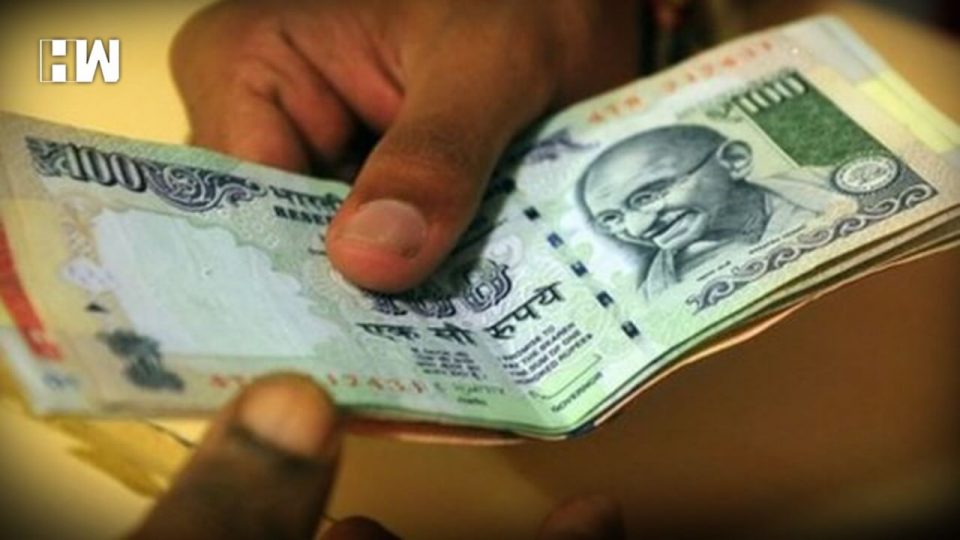In a recent interview the CEO of NSDC (National Skill Development Council), the top body responsible for the build-up of skills in India, said that more than the availability of jobs in India, the problem was one of the low wages. He said that the real challenge is to upgrade worker skills so that their value-add is more and gives them higher wages. It would also serve the fast changing requirements of the industry, in a world of rapidly evolving technology. It is also after all, only if you earn higher wages, that you will uplift your prosperity, as also that of the nation. Wages is thus the real challenge for workers in India, more than jobs. In other words, most Indian workers languish in low skill jobs, that gets them low wages and are in need to be upgraded.
A study by the Azim Premji University, confirms this stark reality, stated by the NSDC CEO. It says that notwithstanding India’s economic growth and the formalisation of its workforce low wages and wage growth, remain key challenges with 57% of the regular employees in the country, earning Rs.10000 or less per month. It shockingly reported that those earning Rs.50000 or more per month, constitute a mere 1.6% of India’s work force. The report said that the key measure of the quality of jobs is the remuneration and that wage levels have remained low and have grown slowly over the last three decades. In the case of casual workers. It distressingly found that 59% have monthly wages of just Rs.5000. The average salary of regular workers was Rs.13562 pm and that of non regular workers was a mere Rs.5853 per month. These wages are grossly below the minimum wages set under the Seventh Central Pay Commission and show the struggles that our workforce faces.
The disturbing part is that while most workers struggle to earn and upgrade their wages, the wealth of India’s fatcat billionaires has been rising sharply and the inequalities of income and wealth in society have been shooting up. A recent study found that led by Mukesh Ambani, a mere 831 Indians, collectively own a quarter of India’s GDP with net wealth of USD 719 bn. It found that a mere 1% of India’s population holds 73% of its wealth, and the rest 99% own the balance 27% of the India’s wealth.
With rampant crony capitalism and policies meant for a favoured few, India is witnessing rising inequality in economy segment/section of society. The big have grown much bigger in recent years and the small have grown smaller and smaller, with no voice or reach to protect their interests. That’s a recipe for social unrest in the long run.
As an independent media platform, we do not take advertisements from governments and corporate houses. It is you, our readers, who have supported us on our journey to do honest and unbiased journalism. Please contribute, so that we can continue to do the same in future.

